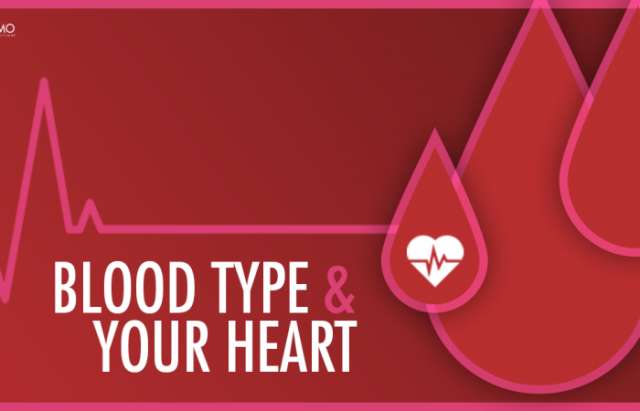This means that, until we know more, it's way too soon to say that certain blood types increase the risk of cardiovascular issues - correlation doesn't equal causation, after all.
But the fact that the association between blood group and heart health still shows up in such a large sample size suggests there's something going on that's worth further investigation.
"It has been suggested that people with non-O blood groups (A, B, AB) are at higher risk for heart attacks and overall cardiovascular mortality, but this suggestion comes from case-control studies which have a low level of evidence," said lead researcher Tessa Kole, from the University Medical Centre Groningen in the Netherlands.
"If this was confirmed, it could have important implications for personalised medicine."
Your blood type is based on the specific mix of antibodies and antigens present in your blood cells, and is determined before you're born, based on the blood types of your parents.
O blood types are the most common, with around 45 percent of people in the US being O+ or O-. But that means more than half the population has a non-O blood type: either A, B, or a combination of both.
Previous research has suggested that there might be a link between non-O blood types and people's risk of heart disease - a 2015 study found that people with A blood types had higher cholesterol than other blood types,
But the biological cause of this increase has remained elusive.
To get a better idea of what was going on, the Dutch researchers looked at data on more than 1.3 million individuals taken from 11 different research cohorts described across nine peer-reviewed papers.
Out of their sample, 771,113 people had non-O blood groups, and 519,743 people had an O blood group.
Interestingly, they found that around 14 out of 1,000 O blood group individuals went on to suffer a cardiovascular event - which included everything from a heart attack and stroke, to coronary artery disease and heart failure.
The rate for people with non-O blood groups was roughly 15 out of 1,000.
"We demonstrate that having a non-O blood group is associated with a 9 percent increased risk of coronary events and a 9 percent increased risk of cardiovascular events, especially myocardial infarction [heart attack]," said Kole.
That's a pretty small risk increase from an individual's perspective, but over an entire population, it can make a difference, and the team is now trying to figure out what could be driving the correlation.
One possible explanation could be the fact that non-O blood group carriers have greater concentrations of a blood-clotting protein called Von Willebrand factor, which has previously been associated with blood-clot-related events, such as stroke.
The higher cholesterol levels found in A blood types could also be influencing the results, as well as the fact that a molecule called galectin-3 - which has been linked to inflammation - is higher in those with a non-O blood group.
But those are just hypotheses for now, and the team plans to test them in future studies to figure out how individuals and governments can reduce the risk of heart attacks going forward.
"In future, blood group should be considered in risk assessment for cardiovascular prevention, together with cholesterol, age, sex, and systolic blood pressure," said Kole.
"It could be that people with an A blood group should have a lower treatment threshold for dyslipidaemia or hypertension, for example. We need further studies to validate if the excess cardiovascular risk in non-O blood group carriers may be amenable to treatment."
The research was presented last week at Heart Failure 2017, the 4th World Congress on Acute Heart Failure, ahead of publication in a peer-reviewed journal - so until we see the published article, we need to consider the results carefully.
But the good news is that even if your blood type does contribute to your risk of cardiovascular disease, the reality is that there are much more important risk factors that doctors already know about, and ones that we can actively control.
"Most of a person's risk estimation is determined by age, genetics (family history and ethnicity) and other modifiable risk factors including diet, weight, level of physical activity, smoking, blood pressure, cholesterol and diabetes," Mike Knapton, associate medical director at the British Heart Foundation, told the BBC.
"People with a non-O blood group type - AO, BO and AB - need to take the same steps as anyone wanting to reduce their CVD risk. That includes taking sensible steps to improve their diet, weight, level of physical activity and not smoking, and where needed, manage blood pressure, cholesterol and diabetes."
/Science Alert/
More about: #BloodType
















































